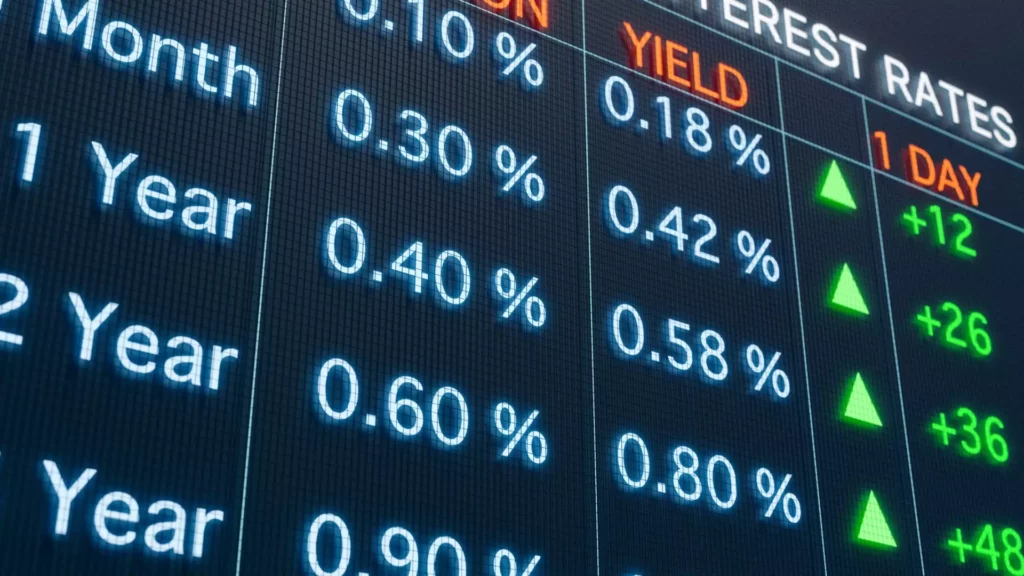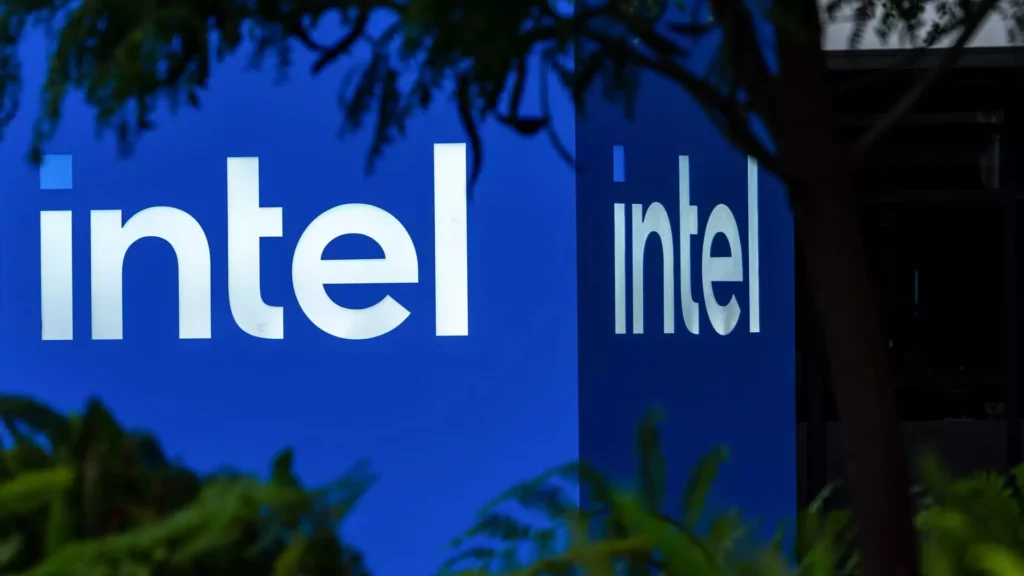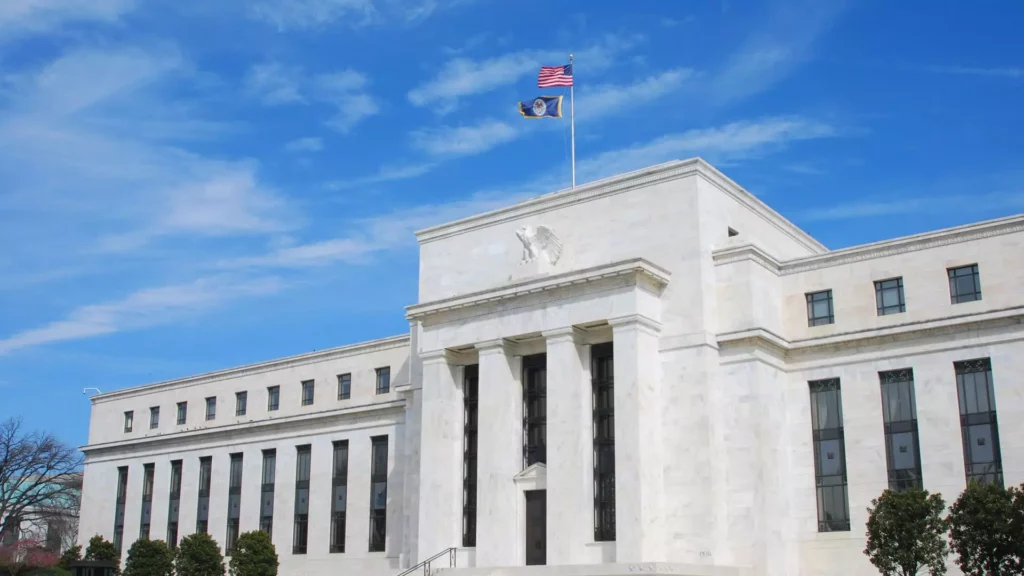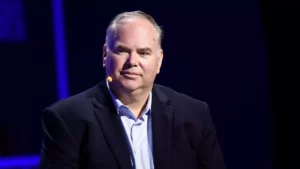In recent weeks, the bond markets have defied expectations set by the Federal Reserve’s narratives on monetary easing. While policymakers led us to believe that a modest interest rate cut would signal a pathway toward economic stability, bond traders have responded with skepticism and even skepticism bordering on hostility. The sharp rise in long-term Treasury
In recent months, China has embarked on an ambitious journey to assert its technological independence, challenging the longstanding dominance of Western semiconductor and AI giants. While the world has often viewed China’s tech sector as an imitation factory or a secondary player, the latest developments tell a different story—one of resilience, strategic empowerment, and an
The recent surge in the stock market, driven by the Federal Reserve’s decision to cut interest rates for the first time this year, presents a falsified sense of security. Investors, seduced by record highs and optimistic forecasts, tend to forget that such euphoric periods often mask underlying vulnerabilities. A half-percent rise sustained over consecutive days
When the Federal Reserve announces a quarter-point rate cut, it sets off a chain reaction that reaches into every corner of the American economy. For center-right liberals who believe in measured government intervention balanced by market forces, this move exemplifies the delicate dance of balancing growth and inflation. While at first glance, lowering interest rates
Tesla’s recent stock performance and analyst projections paint a picture of cautious optimism amid underlying uncertainties. While Goldman Sachs has adjusted its price target upwards to $395—a move that suggests faith in Tesla’s long-term trajectory—it still anticipates a potential 7% decline within the next year. This dichotomy underscores the fragile nature of Tesla’s growth narrative:
In recent years, traditional cable networks like NBCUniversal have witnessed a steep decline in revenue, underscoring a fundamental transformation within the media industry. Versant, the newly spun-off entity from Comcast, exemplifies this shift. As it prepares to go public, the company’s financials reveal a sobering reality: a consistent downturn in revenue and profit. Last year’s
In a move that exemplifies both fiscal pragmatism and strategic financial management, the Louisiana State Bond Commission recently approved a sweeping plan to refinance substantial municipal debt. While refinancing may sound like a technical and mundane financial maneuver, its implications echo deeply within the fabric of local governance and economic efficiency. At the heart of
In recent debates on healthcare policy, one issue remains consistently overshadowed by political rhetoric: the legitimacy and value of tax exemptions granted to nonprofit hospitals. While these institutions profess a mission rooted in community service and charity, a closer examination reveals a troubling disparity. Lawmakers from the center-right spectrum rightly question whether these hospitals live
In the complex landscape of modern finance, market movements often tempt us to see patterns as either signs of growth or warning signals. However, beneath the surface of seemingly minor shifts in bond and equity markets, a more nuanced story emerges — one that challenges the optimistic narratives and demands a skeptical eye. Despite the
Dallas’s recent approval of a $5.2 billion budget marks a bold attempt to placate public safety advocates and respond to voter mandates. On the surface, the increase in police and fire funding appears commendable—an evident effort to bolster security amid rising concerns. Yet, a deeper dive reveals that this spending spree, while politically popular, rests














